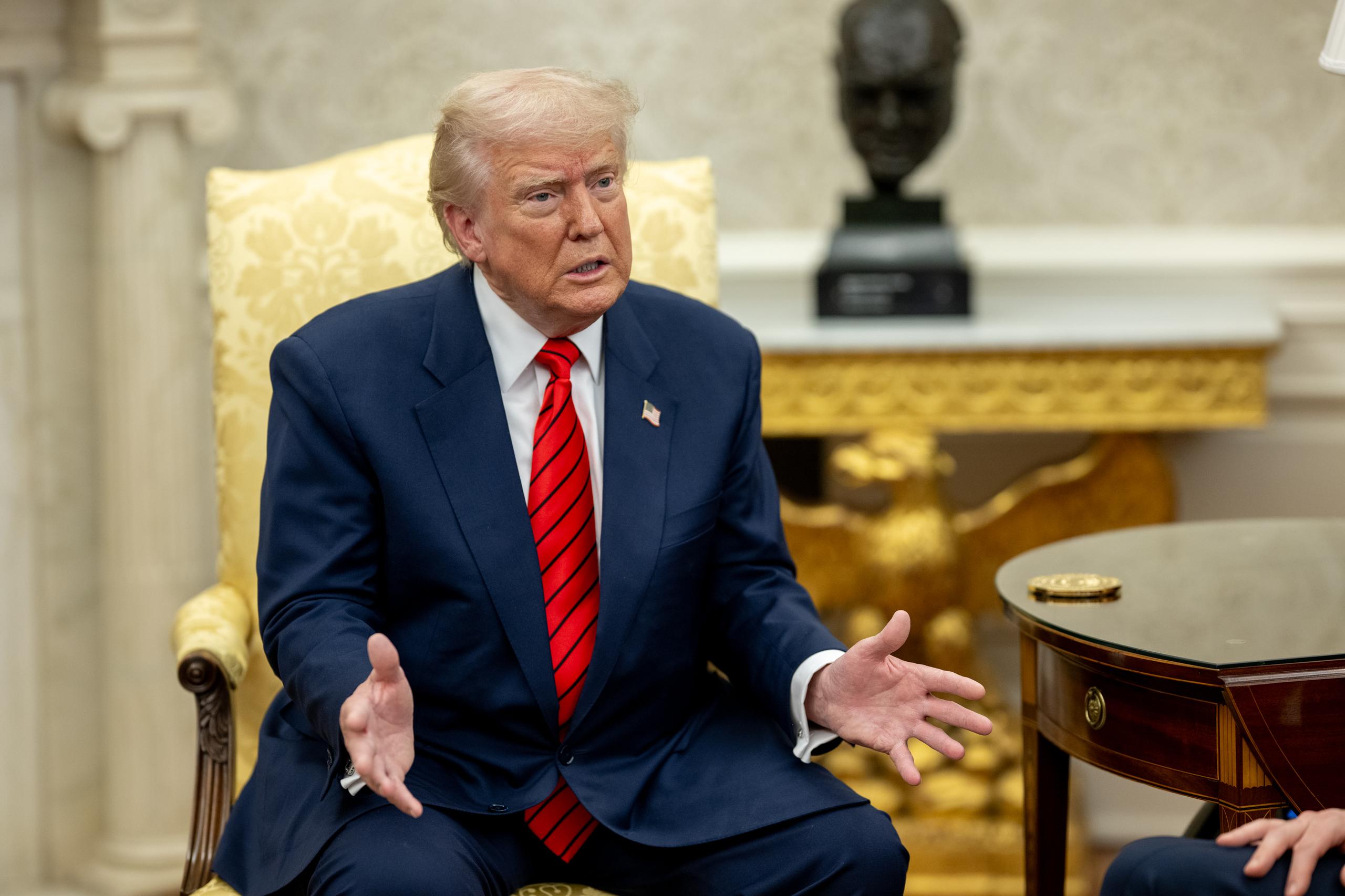US States Sue Trump Administration Over Tariff Policies

Twelve states have filed a lawsuit against the Donald Trump administration in the US Court of International Trade in New York, challenging the legality of its tariff policy. The lawsuit contests Trump's imposition of tariffs, including a baseline tariff of 10 percent on all countries, with rates potentially reaching 50 percent for those deemed "worst offenders." The states argue that this policy is unlawful and has created economic instability, driven by the president’s discretion rather than established legal procedures.
The states involved in the lawsuit include Oregon, Arizona, Colorado, Connecticut, Delaware, Illinois, Maine, Minnesota, Nevada, New Mexico, New York, and Vermont. They specifically challenge Trump’s assertion that the International Emergency Economic Powers Act grants him the authority to arbitrarily impose tariffs. The states maintain that the power to impose tariffs resides solely with Congress and that the president can only invoke the act in response to an "unusual and extraordinary threat" from abroad.
The lawsuit seeks a court ruling to declare the tariffs illegal and to prevent government agencies and officials from enforcing them. The states argue that Trump's actions have disrupted the constitutional order and destabilized the American economy by claiming the authority to impose substantial and fluctuating tariffs on goods entering the United States based on his declaration of an emergency.
Arizona Attorney General Kris Mayes has described Trump’s tariff scheme as "insane" and "economically reckless" and "illegal". Connecticut Attorney General William Tong characterized Trump’s tariffs as a burden on families and businesses within the state. Separately, California filed a similar suit a week ago.
Furthermore, Germany's economy is facing challenges partially due to US trade policies under President Trump. Outgoing Economy Minister Robert Habeck stated that Germany anticipates zero growth in 2025, attributing this forecast to the impact of US trade policies, particularly the imposition of tariffs. These policies directly affect the German economy, which is heavily reliant on exports.
The United States is a major trading partner for Germany, receiving approximately 10 percent of its exports, including products ranging from cars to chemicals. The US now levies a 10 percent tariff on European Union exports. Habeck emphasized that tariffs and trade policy turbulence are affecting the German economy more severely than other nations due to its dependence on open and functioning global markets.
Germany's GDP experienced contractions of 0.3 percent in 2023 and 0.2 percent in 2024, influenced by increased energy prices resulting from Russia's invasion of Ukraine. Additionally, Germany faces growing competition from China in industries such as automobiles and machinery.
Habeck noted a "paradigm shift" affecting Germany's economic foundations, citing issues with major trade partners like China, the USA, and Russia.











